The biggest source of microplastics in California coastal waters? Car tires
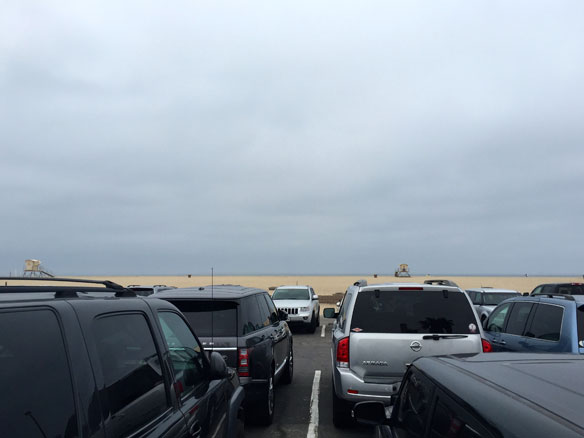
According to a study from the San Francisco Bay Microplastics Project, the biggest source of microplastic pollution in California’s coastal waters may come from car tires.
Simple changes in intensity of weather events ‘could be lethal’
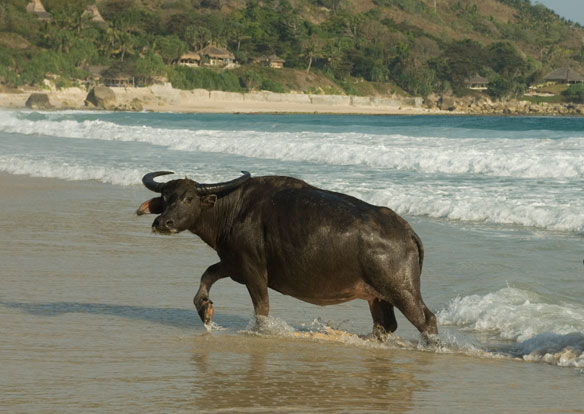
Faced with extreme weather events and unprecedented environmental change, animals and plants are scrambling to catch up, with mixed results. A new model helps to predict the types of changes that could drive a given species to extinction.
Ocean cleanup device successfully collects plastic for first time
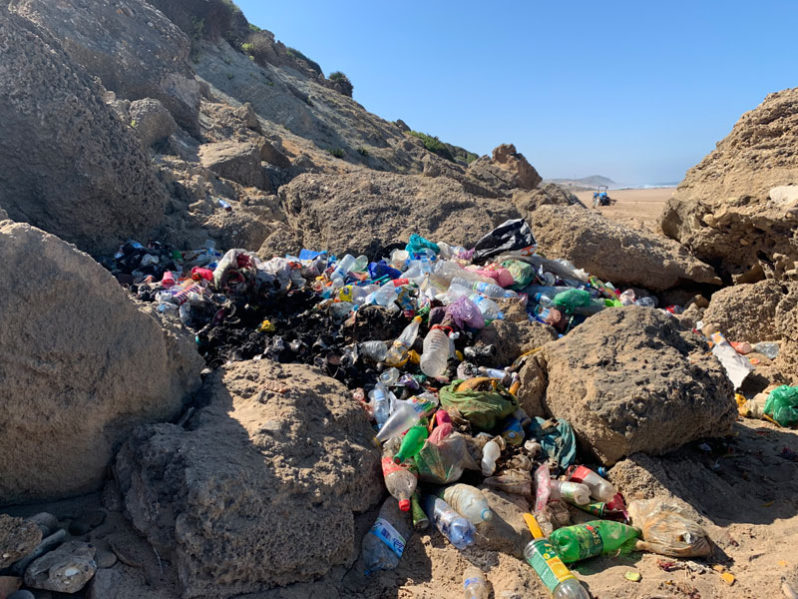
A huge floating device designed by Dutch scientists to clean up an island of rubbish in the Pacific Ocean that is three times the size of France has successfully picked up plastic from the high seas for the first time.
Coasts in Peril? A Shoreline Health Perspective; By Andrew Cooper & Derek Jackson

Most assessments of coastal vulnerability are undertaken from the perspective of the risk posed to humans, their property and activities. In this paper we present an alternative approach to coastal assessment that centers on the physical integrity of the coast and its associated ecosystems both now and in the near-future.
A whale found dead, 3 others euthanized on South Carolina beach
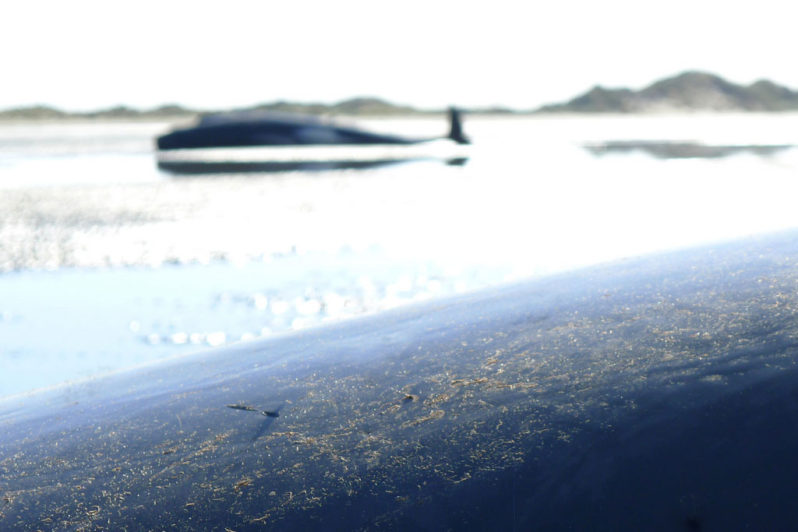
Biologists will perform necropsies on one whale that died and three that were euthanized after becoming stranded on a South Carolina beach.
315 billion-tonne iceberg breaks off Antarctica
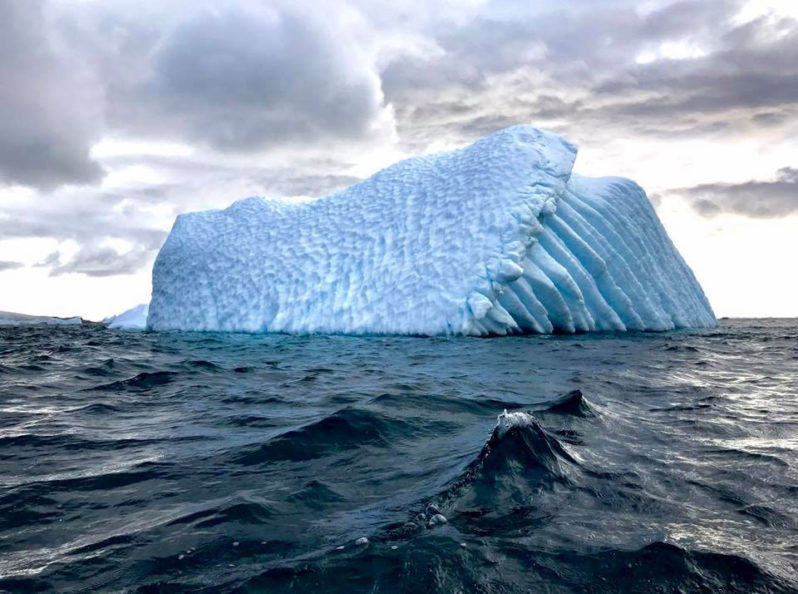
The Amery Ice Shelf in Antarctica has just produced its biggest iceberg in more than 50 years.
Longest coral reef survey to date reveals major changes in Australia’s Great Barrier Reef

An in-depth look at Australia’s Great Barrier Reef over the past 91 years concludes that since 1928 intertidal communities have experienced major phase-shifts as a result of local and global environmental change, leaving few signs that reefs will return to their initial state in the near future.
We know they aren’t feeding’: fears for polar bears over shrinking Arctic ice

This year’s annual minimum of the Arctic sea ice tied with the second-lowest extent on record, a mere 1.6m sq miles, and badly affected polar bear populations that live and hunt on the north slope of Alaska, plus those that live on the ice floes in the Bering Sea.
What will Malibu’s beach erosion problem look like in 20 years?

The rapid erosion of Malibu’s beaches in the past few years is nothing short of startling and has drawn the concerned attention of local citizens, advocacy groups and public officials. Beach erosion, attributable in part to climate change and in part to the hand of man, is pervasive, invasive and expensive.
